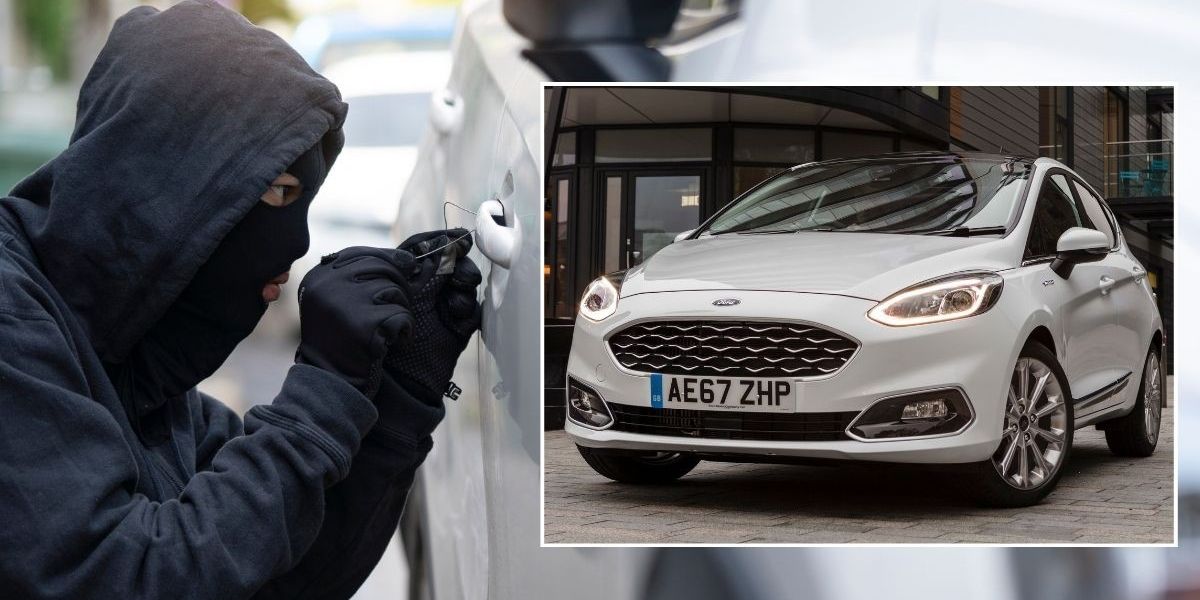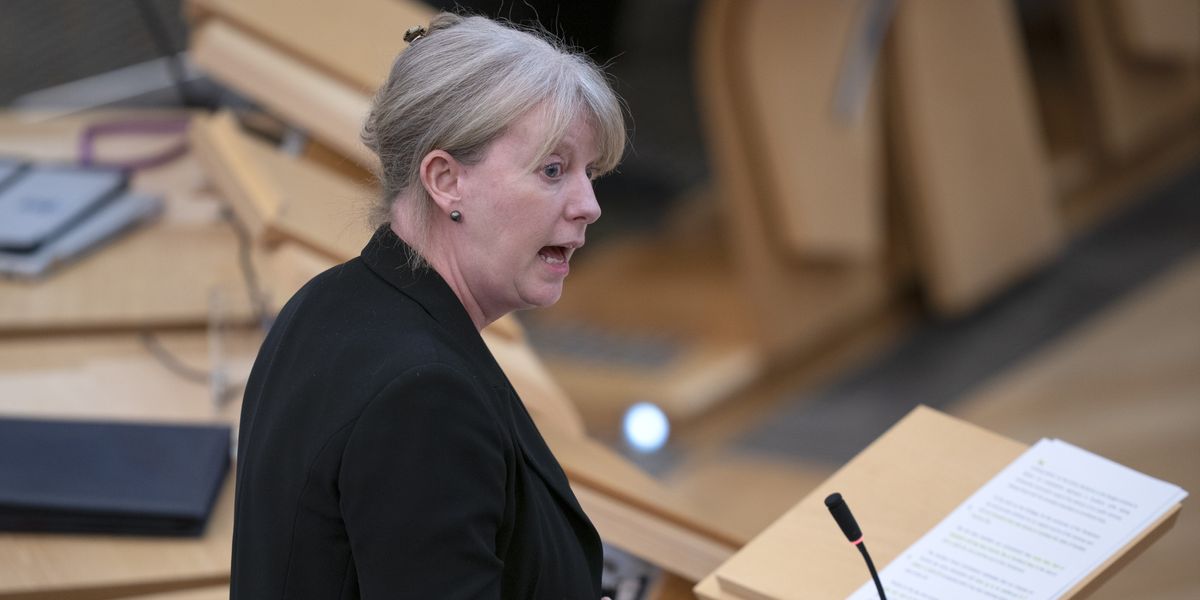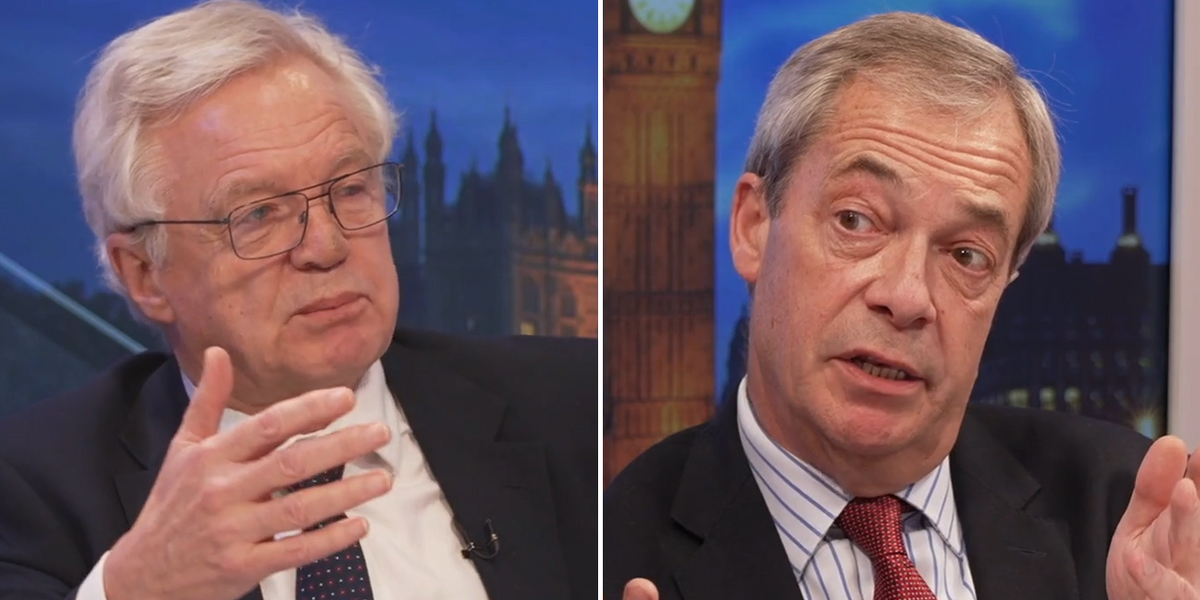The SNP Scottish Government has survived the first test for its Budget attracting support from both the Scottish Liberal Democrats and the Scottish Greens.
The SNP’s finance plans for 2025/26 passed the stage one debate vote with 74 voting in favour of the proposals, 21 abstentions and 30 voting against.
Scottish Finance Secretary Shona Robison delivered the party’s first minority Government Budget in December, announcing a record £21billion investment in health and social care, £768million in affordable homes, the reinstatement of the Winter Fuel Payment next winter and a commitment to eradicate the two-child benefit cap.
Today she announced Scottish councils will receive an additional £144million funding for “inflation-busting increases” in council tax and aid with National Insurance (NI) costs imposed by Westminster.
Scottish Finance Secretary Shona Robison
PA
The largest block grant in the history of devolution – £5billion through Barnett consequential – has paved the way for additional spending from the SNP.
However, while announcing the extra funds for Scotland’s public sector, Robison criticised the UK Government for having “punished” Scotland over employer NI contributions.
Robison said it was “unacceptable” that Westminster had not further bolstered the Scottish devolution block grant with an equivalent £700million.
A UK Government spokesman said: “The Budget delivered more money than ever before for Scottish public services and the Scottish Government receives over 20 per cent more funding per person than equivalent UK Government spending.
“It is for the Scottish Government to allocate this across its own public sector and meet the priorities of people in Scotland.
“It will also receive additional Barnett funding on top of this record £47.7billion settlement as part of support provided in relation to changes to employer National Insurance.”
MORE FROM SCOTLAND:
Finance Secretary Shona Robison arrives with First Minister John Swinney (left) and Ivan McKee (centre) at the main chamber for the Scottish Budget Stage 1 Debate at the Scottish Parliament in Holyrood
PA
Following Humza Yousaf’s dismantling of the Bute House power-sharing agreement in April last year, cross-party collaboration has been essential for the minority nationalist Government to pass legislation, the most important of which is the Budget.
In a puzzling move, Scottish Labour pre-empted any Budget negotiations by announcing its MSPs would abstain from the vote.
Scottish Labour finance spokesman Michael Marra said his party “will not stand in the way” of the Budget, but he added: “We desperately want to see Labour’s record investment improve delivery on the front line.
“But we will not vote for this Budget because we very much doubt that it will.
“Years and years of evidence tells us that that is the case, the complete lack of delivery.”
Scottish Labour pre-empted any Budget negotiations by announcing its MSPs would abstain from the vote
PA
Intervening during Marra’s speech, First Minister John Swinney said the “invitation is there for the Labour Party to be part of that big consensus, to do the right thing for Scotland”.
Nevertheless, compromises were found through talks with the Scottish Liberal Democrats and Scottish Greens, both agreeing to back the Scottish Budget, assuring the finance plans will pass all three votes.
The Greens lobbied for the extension of free school meals to S1-S3 pupils in receipt of the Scottish Child Payment in eight council areas and proposals for a £2 bus travel cap in the next budget, while the Scottish Lib Dems under Alex Cole Hamilton successfully sought an additional £2.6million on drug and neonatal services.
Scottish Conservatives had already announced their intentions to vote against the bill, calling out the SNP for negative consequences for public services, the burden on taxpayers and its potential to cripple Scottish businesses.
Scottish Tory finance spokesman Craig Hoy said: “This is the wrong budget for Scotland, it fails to tackle waste or deliver reform, it fails to reverse damaging trends on welfare and it fails to deliver growth.”
The second and third votes will be held later this month before the Budget gets a final stamp of approval to gain royal assent.











